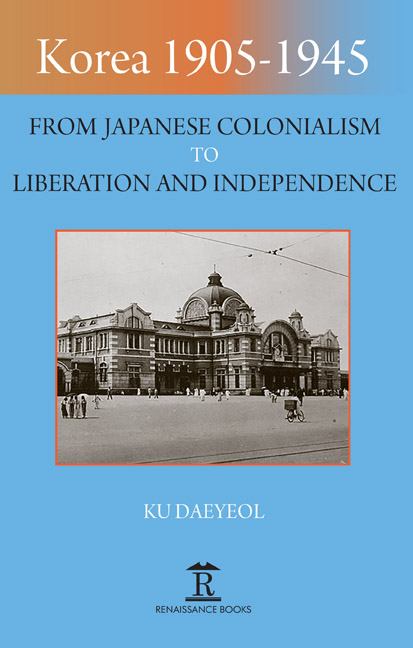Chapter 11 - The Soviet Union and Korea: Revisiting Soviet Intervention in the Korean Question
Published online by Cambridge University Press: 04 May 2022
Summary
SOVIET FACTORS IN U.S. KOREA POLICY
AFTER WORLD WAR II, Korea was divided and occupied by the United States and the Soviet Union, a decision which has remained a permanent factor in contemporary Korean history. The U.S. Korea policy during the war has been generally assessed in terms of this particular result, and of its permitting of massive and unnecessary extensions of Soviet power. This chapter will examine the Soviet intervention in Korea, and the consequent division of the peninsula in light of Soviet-U.S. relations. Instead of providing a detailed description of the process of division, which has been fairly well documented by other studies, this chapter broadens our understanding to include some of the general issues that dominated the conduct of the war and wartime diplomacy, and which consequently had a tremendous, if indirect, impact on the final decision to divide Korea. One obstacle to this approach is that, despite the revelations provided by the bulky volumes in Soviet archives that have become available for study since the fall of the Soviet Union, there are very few documents that relate to the inception and development of the Soviet Union's Korea policy during the war. I have on several occasions made enquiries of Russian experts on Russo-Korean relations, regarding the existence of Russian documents on Korea from the early days of the war, i.e., from mid-1943 to 1944, when the Soviet Union began to feel some relief on the western front, and started to turn its attention to the east in general, and to Korea in particular. These have, however, all been in vain.
If the Soviet entry into the war against Japan opened the door for its participation in the Korean question, the “Soviet factor” became a part of American strategic thinking immediately after the outbreak of the Pacific War. It was first suggested indirectly by President Roosevelt's remarks to Soviet Ambassador Maxim Litvinov on December 8, 1941, just a day after Pearl Harbor. Secretary Cordell Hull also discussed the general conduct of the war against the Axis powers with Litvinov on the same day. American efforts to persuade the Soviet Union to take part in the Far Eastern conflict were strenuously pursued until the final moments of the war.
- Type
- Chapter
- Information
- Korea 1905-1945From Japanese Colonialism to Liberation and Independence, pp. 340 - 375Publisher: Amsterdam University PressPrint publication year: 2021



